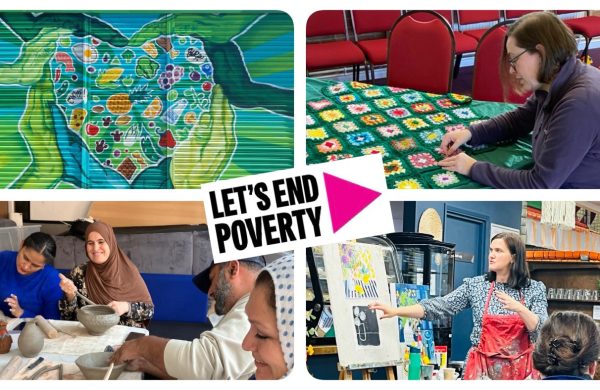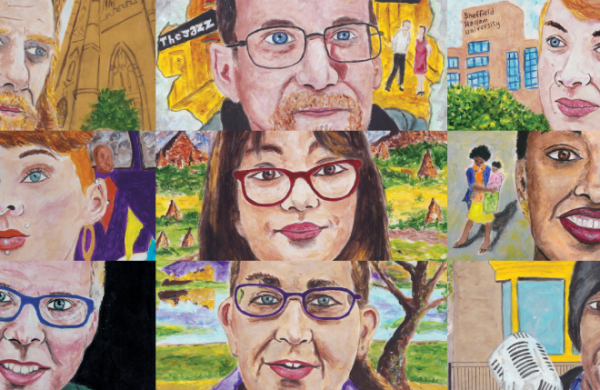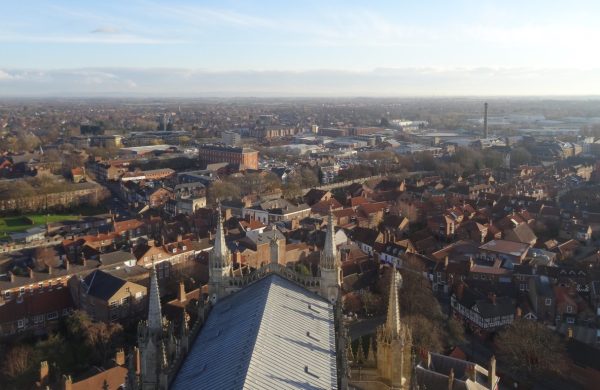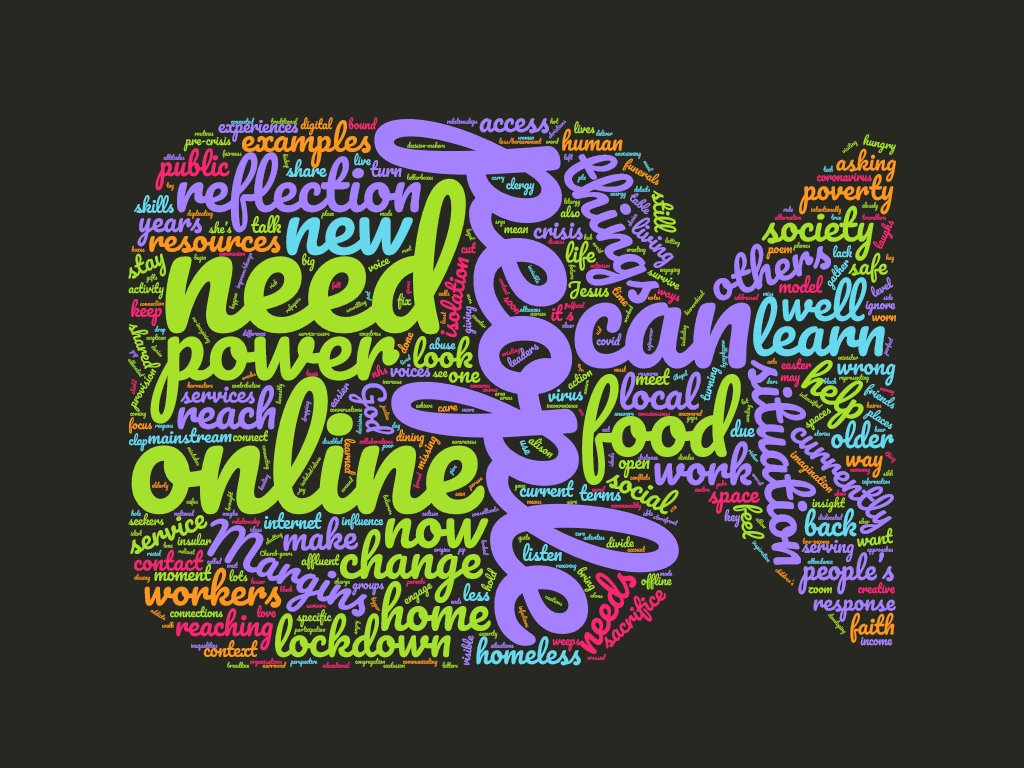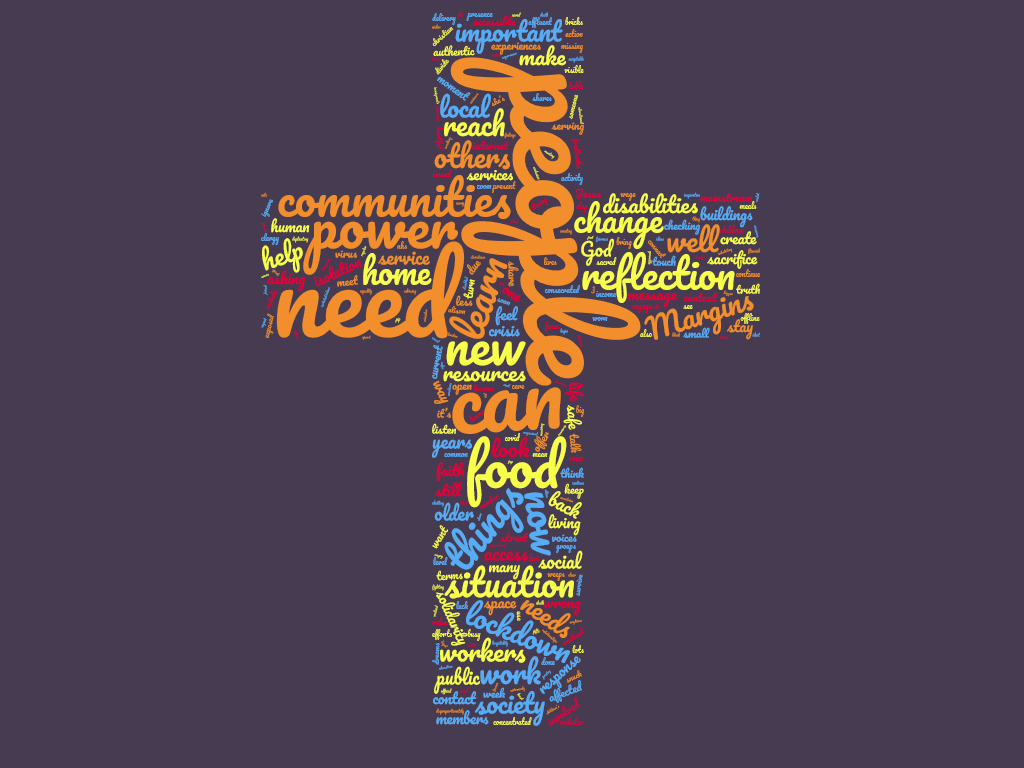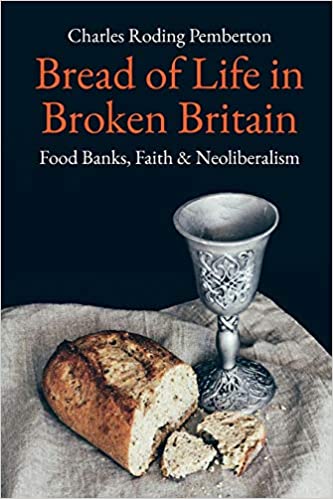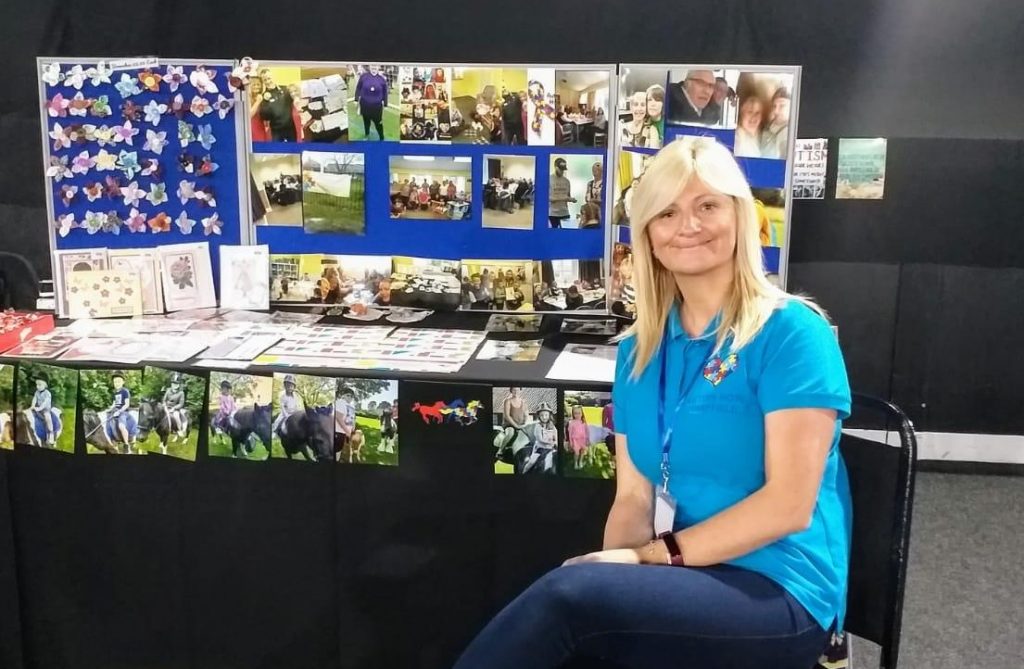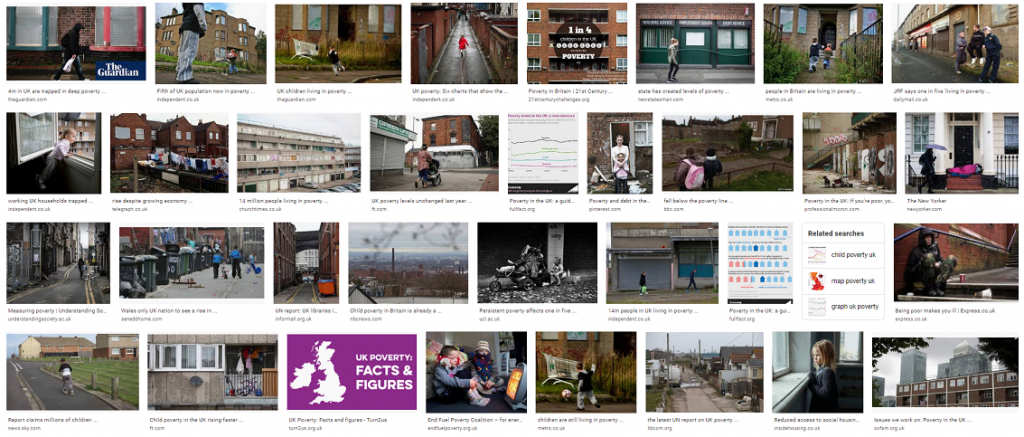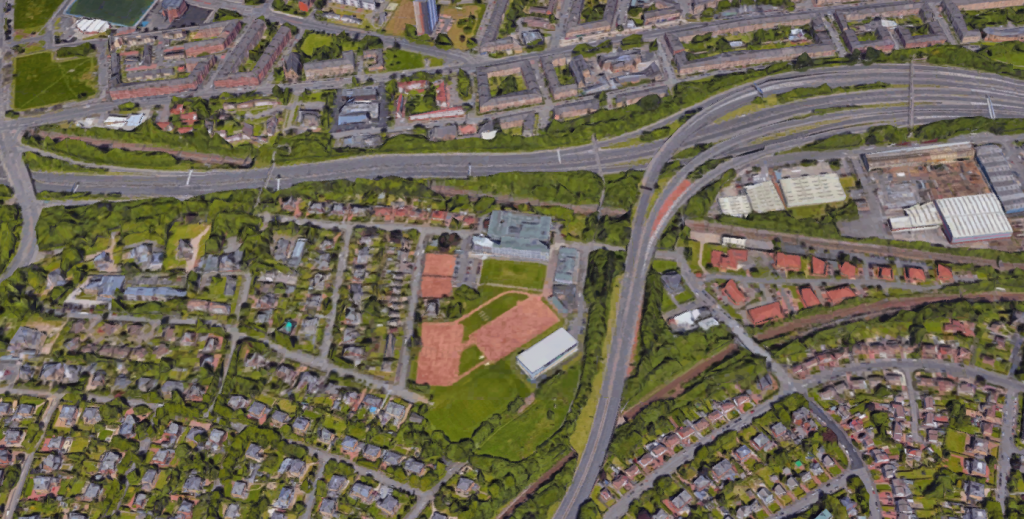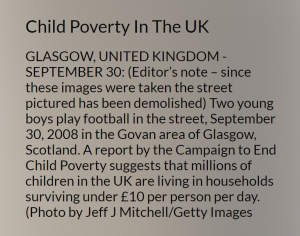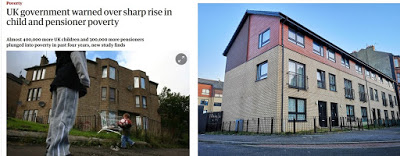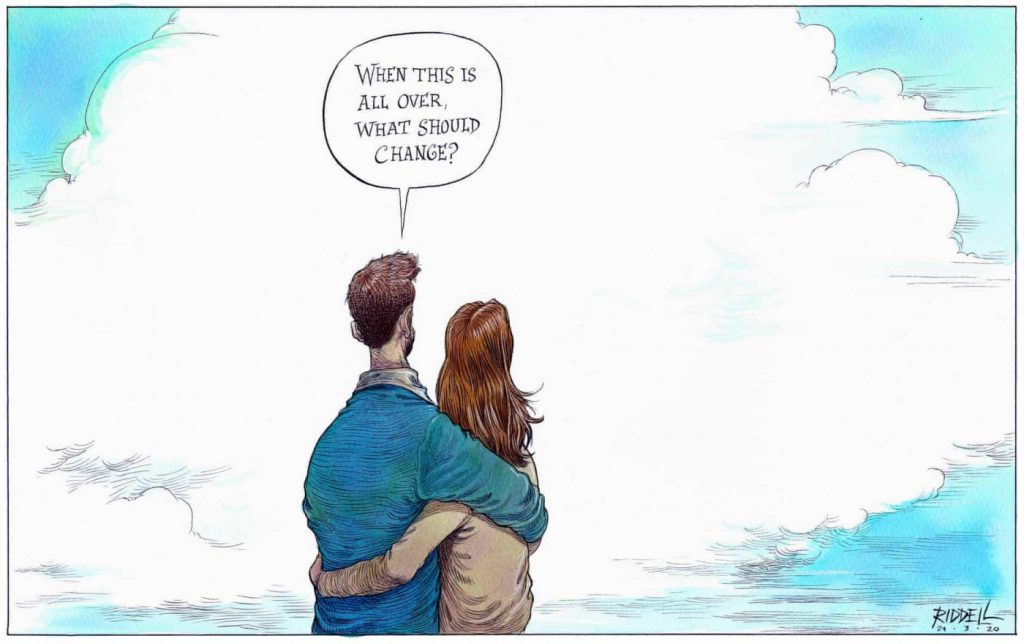Be in my Bubble
Self-Reliant Group Facilitator, Laura Walton, reflects on 'social bubbles' and the power of just spending time with people
Laura writes a spiritual refection every Sunday as part of the SRG Facebook group’s Spiritual Sunday.

A friend told me this week that she had offered up the services of herself and her family as a ‘bubble’. As a result a single Mum with two young kids are coming to Rusholme for the weekend and it will definitely be “hugs all round”.
Instead of thinking about who they wanted to see and spend time with, INSIDE their house, not in the cold spitting weather of late, they thought of who might need their company, their affirmation, their hugs. The Mum was overwhelmed by this generous and loving invitation and will have a great weekend…..just being with people who have chosen her to just be with.
My friend later realised just how much cleaning she really needed to do. After 3 months of supervising 4 children in school at home, understandably not much housework had been done. When energy permitted, straightening had been just about managed. But she has learnt to be kind to herself….the family would not be making the effort to travel to sit on sofas that had been decrumbed amongst other things, or to admire the clean smear free walls or check that the numerous pairs of shoes were all correctly paired. They were coming because they had been invited by people who loved them and wanted to simply be together with them.
When we get invited places we do make an effort in smartening up, taking a bottle or flowers and even arriving vaguely on time. When we invite people to ours we do have a plan, get ready and even make things look presentable. This is normal. But if there’s one thing we have learnt in lockdown is that “normal” is a thing of the past. We have had time to reflect on the things that are really important to us and now we have an opportunity to create a new order, a new way of doing things, a new norm that’s based on those truly important elements.
One amazing thing about the Christian faith is that God wants each one of us to be close to him and that’s why he invites us to do just that. He loves us and wants to show us that love every day and for ever. His invite to us all comes without a relaxation of legal restraints, certain conditions or a need for careful preparation. His invite is not based on our current relationship with him or whether we need him more than anyone else. And even more amazing is the fact that he doesn’t wait till we’ve sorted ourselves out on the outside and on the inside. He wants us just exactly how we are, dirty smears and all. His invite is addressed to each one of us and signed by his son Jesus.
So as we move from level 4 to level 3 in terms of virus restrictions and more things open up on the high street,let’s make choices based on the things that we have seen are really important to us and remember who is inviting us into his bubble.

